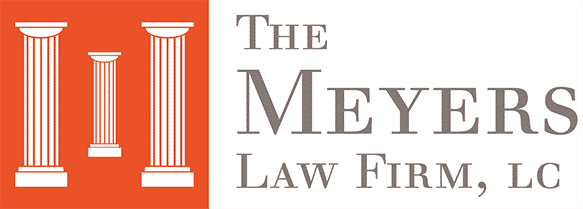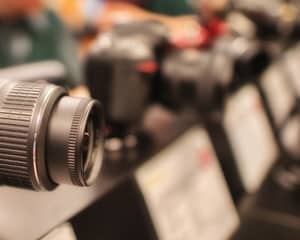With the rise of relatively inexpensive and unobtrusive technology, cameras are everywhere. Over 245 million cameras were installed in 2014, with a large portion of them being used in businesses like offices, retail stores and construction sites. Closed-circuit monitoring of a workplace is legal, even extending to hidden cameras, but there are still limits to how employers are able to monitor their workers based on legal employee rights.
Business owners looking to install cameras on their premises must have a legitimate business reason for the surveillance and are limited as to where cameras can be placed. Most of these limits relate to areas where there may be a "reasonable expectation of privacy," like restrooms, break rooms and locker rooms.
"Closed-circuit monitoring of a workplace is legal, even extending to hidden cameras, but there are still limits to how employers are able to monitor their workers based on legal employee rights."
The expectation of privacy can be a nuanced concept as well, which makes it difficult to decipher what is or is not legal. The employer must be able to "prove" that the monitoring is justified, reasonable or expected by the employee. A retail employee working behind the counter may not have the expectation of privacy, because CCTV is meant to document employee theft. This is not true of an employee working in a cubical where a worker only deals with fellow workers.
Fundamentally, employees in most states have the right to be informed by employers that they are being monitored. If an employer improperly installs cameras, it can create an impermissible hostile work environment, legally tantamount to harassment in the workplace.
If you feel you have been the subject of inappropriate monitoring leading to your firing, the wrongful termination lawyers at The Meyers Law Firm want to hear from you. Get in touch today to start your consultation.

